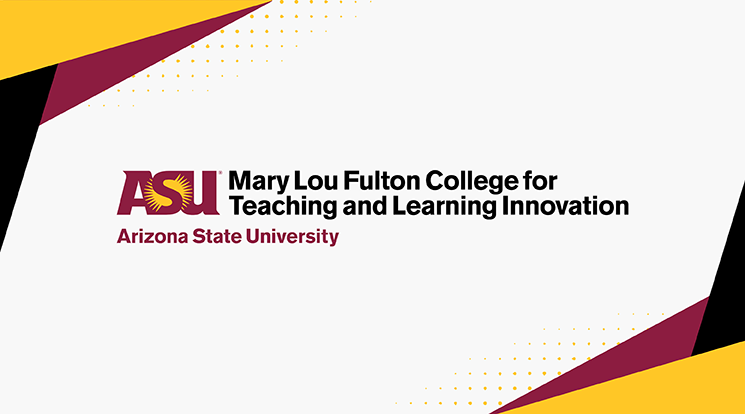Nearly 700 educators came to MLFTC to learn Next Education Workforce models

“The world has changed,” Lisa Wyatt, senior program strategist, Next Education Workforce says. “We need to find new ways to meet the needs of all learners in a 21st-century context. We need to shape the jobs of educators so they are sustainable and fulfilling.”
Wyatt, it seems, is not alone in her thinking. Last month, 700 educators devoted a week to learning Next Education Workforce models — learner-centered environments with teams of educators who personalize learning to meet the students’ needs — at MLFTC’s Next Education Workforce Workshop. The week-long virtual workshop also provided a space for the educators to talk about how to continue teaching and teaming in a pandemic.
Robert Morse, executive director of professional experiences says, “We organized the workshop to support our school partners who are developing teams with and without our MLFTC teacher candidates, in both elementary and secondary settings.” The hope of the workshop, he says, “was to continue the mission of the NEW by providing students with deeper and personalized learning and building teams of educators with distributed expertise.”
“It was so amazing. I now have so many ideas on how to incorporate deeper and personalized learning. The topics discussed can actually be applied to my classroom instead of just being great ideas that aren’t feasible. I am so thankful for this experience,” says Jordan Dick, novice certified teacher, SPARK, Kyrene de las Manitas.
“By all measures it was a successful week,” Brent Maddin, executive director of the Next Education Workforce says, adding, “We had nearly 700 educators, from 15 school districts, engage across the four, differentiated programming paths.”
“My curiosity was sparked and I thought about the countless ways my instruction can be enhanced to meet the needs of all students, to provide equitable education and to fill in educational gaps,” says Yvanna Villa, 1st grade teacher, Sousa Elementary, in Mesa, AZ.
The workshop offered separate agendas for elementary teams, secondary teams, lead teachers and leaders, with a variety of sessions for participants to attend, such as:
- Overview of Next Education Workforce
- Introduction to Principled Innovation
- Developing teams with distributed expertise
- Defining and implementing deeper and personalized learning
- Exploring specializations and advancement pathways
- Supporting teacher candidates
- Building agency and autonomy
- Equity and race
“I didn’t walk away with easy answers or make-and-take ideas. Instead, I left with curiosity and inspirations that make me want to know more about inquiry, what education could be, how to reflect with a lens of equity for all and shake up our ideas of what an educator can be,” says Samantha Calise, kindergarten teacher, Brinton Elementary, Mesa.
Successful Next Education Workforce models, Wyatt says, “Must empower educators to work as teams — and by teams we mean not just teams who meet together after school a few times a week, but teams who collaboratively support students, offering the best of their individual strengths and talents.”
Even in the most collaborative of schools, teachers are accustomed to working alone, says Wyatt. “So they need time and space to develop new ways of working together. We support teams as they build a team culture and begin to make the instructional shifts towards deeper and personalized learning.”